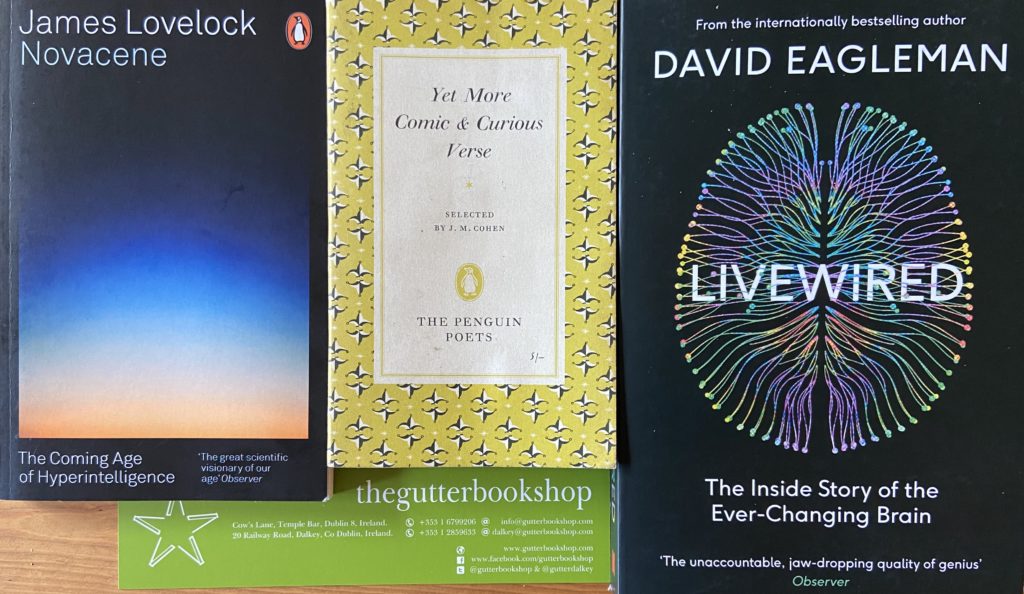The Ant
The ant has made himself illustrious
Through constant industry industrious.
So what?
Would you be calm and placid
If you were full of formic acid?
OGDEN NASH

Nonsense has always fascinated me. Perhaps that’s because I grew up on a diet of nonsense. Literally. So many things I saw and heard made no sense. Nor did people take the time to try and explain them. If I’m generous, I could conclude that I was expected to have faith that sense would reveal itself as and when life situations required. Perhaps that’s why I was comfortable sending a Shel Silverstein poem to colleagues who disappointed me by reacting like children, as I retold here a few month’s ago.
That idea that ants are full of formic acid makes for a great story. The bigger story is how ants communicate. Myrmecologists are the folk who study how ants use pheromones, body language, sounds, and touch to share information. These doughty scientists have observed at least a dozen different categories of communication that cover alarms, persuasion and territorial markings to name three.
A much bigger question is whether their communications can tell stories. This thread of thought is a continuation from an earlier mention of an Elif Shafik interview I attended online recently. She said in that interview that ‘fiction is about life’, something I added to my post about real life stories in oppressive regimes.
I certainly don’t read enough fiction these days. Of course, there was a time when I read almost nothing else other than fiction or perhaps biography. This was one of my leisure activities, a break from the intensity of learning that was required in my first thirty years of brain training. My reading has lately inverted to the point that I find my fiction in the screening of box sets, that is to say not reading fiction, and my leisure has become seeking new knowledge as pages turn in front of me.
I’ve been very lucky to have been held in thrall to a few books this year already. I make no apology for recommending both Apeirogon and I will Never See The World Again. I admit that I have also been hugely influenced by Brian Greene’s wonderful book Until The End of Time.
Greene wrote of language and ‘one of the most pervasive and influential of human behaviours: telling stories.’ He adds that ‘Storytelling may be the mind’s way of rehearsing for the real world’. It’s no coincidence that Greene explains his vast knowledge of complex science throughout this book in stories. He writes that ‘Storytelling is our most powerful means for inhabiting other minds’.
Narrative makes our ‘social landscapes more navigable, more expansive, more open with possibilities’ adds Greene quoting Brian Boyd, the eminent professor of literature who himself studies Karl Popper, the founder of evolutionary epistemology.
‘With math we commune with other realities; with story we commune with other minds.’ concludes Greene and I don’t see how I can disagree.
Back in 2003, Robert K Logan published The Sixth Language. He proposed that speech, writing, maths, abstract science, computers and the internet were those six languages. He argued that language was the synthesis of information (communication) and informatics. I could see his argument that reading is actually analysis and that writing is actually coding. It’s clear, as he says, that writing and maths cannot be learned by observation. What surprised me was that music wasn’t on his list of languages. It’s a divisive issue that to my mind depends on the definition of language. Some would say that the requirements of language are syntax (rules), lexicon (words) and semantics (meaning). If your definition allows for a language to be simply information and informatics, music is a language.
I’d argue that there are seven forms of language. There are many ways to observe and retell stories. And all of these mechanisms make us who we are today and will be tomorrow.
Fortunately, there are many illustrious people working industriously on these topics so that we remain calm and placid.

It would be great if there were more time to sit, without a care in the world, and read. Where is that place? I want to go there.
Perhaps you might find directions to such a place under the headings ‘Pandemic’ sub-section ‘retirement’ paragraph ‘curiosity’ or perhaps it’s the inverse, still inquisitive while underemployed avoiding contagion.